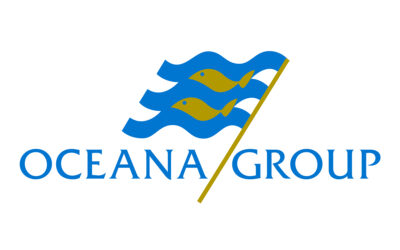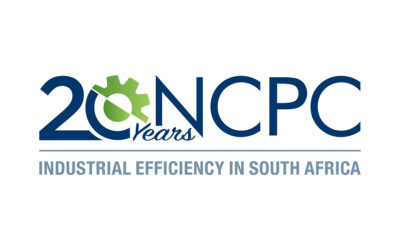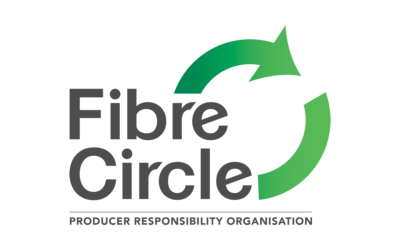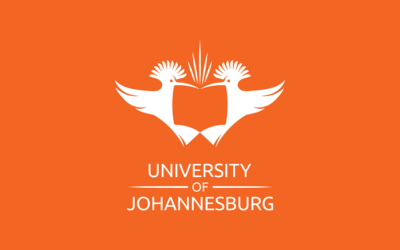Every so often, someone comes along who manages to generate a proper impact on ground level. Kanyisa Mancunga, the founder and director of Kanyisa Mawethu Pty Ltd, spearheads an innovative approach to recycling plastic signboard waste.
Mancunga’s business recycles plastic to manufacture weatherproof school and utility bags, and supplies children with recycled rice bag plastic to cover their school books. Her motivation behind the initiative is to promote awareness among fellow South Africans of our deteriorating natural environment — and the significant impact this decline has on our lives — and to help less fortunate schoolchildren “My wish is for society to learn more ways of green living,” she says.
Born in Willowdale in the rural Eastern Cape, Mancungu attended high school in Idutywa (now called Dutywa) before completing a diploma in marketing at Vaal University of Technology in 2010. She was raised by her mother, a teacher who supplied less fortunate pupils with clothing and food.
Through Mancungu’s projects and interaction with employees and sponsors, she has learned the patience required to bring a project to fruition. As an entrepreneur, her marketing background features strongly in her current role.
In addition to its environmental benefits, the school bags she distributes provide big corporations with the opportunity to sponsor change in the lives of rural communities. The bag has a built-in solar torch for studying at home and walking to school in the dark, reflective tapes, a rain jacket and a sanitary towel pouch. Each corporate sponsor’s logo is embroidered on the side.
In 2022, the Kanyisa Mawethu Foundation was one of the winners of the Indalogrow Programme-SiAGIA. The Indalogrow Enterprise Award and Support Programme is hosted by Indalo Inclusive and powered by Nedbank.
My wish is for society to learn more ways of green living









